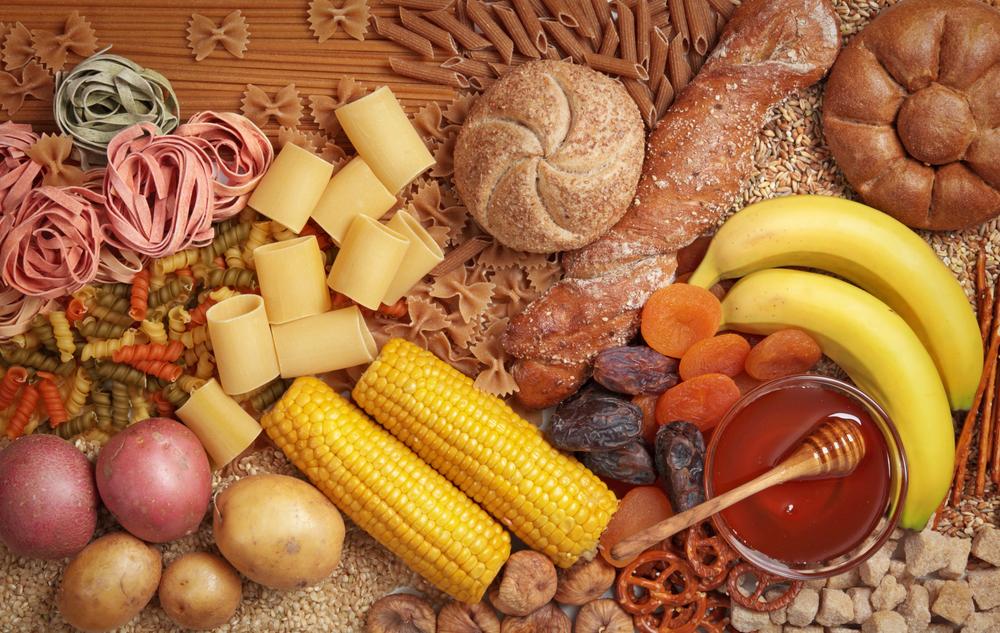
Foods to Eat with Bipolar Disorder
Choosing the right diet can help you fight against the symptoms of bipolar disorder and depression and can help you deal with comorbidities. Diet should also help you stay calm and prevent anxiety and mood swings.
Some of the foods that can help people with bipolar disorder are:
Whole grains
Whole grains are always preferred over refined grain as they are high in fiber and help with digestion. Undigested or partially digested food can lead to many health complications. Whole grain is also a good source of complex carbohydrates. Carbohydrates help in the production of serotonin, a chemical in the brain that boosts self-esteem and calms your mind. Anxiety is a chief trigger of bipolar disorder. You can include whole grain products like pasta, bread, cereal, and porridge. You can add whole grains like bulgur, barley, quinoa, and brown rice to your meals.
Carbohydrates
One of the typical impacts of bipolar disorder is the sudden craving for carbs and sugar. One of the many signs of depression is overeating. This can be harmful and increase other risks like obesity and diabetes. Too much sugar can also lead to mood swings. However, not all carbs are harmful for bipolar disorder. Carbs are linked to neurotransmitters (proteins that transmit signals from the brain to the other parts of the body). Hence, there is no need to eliminate carbs. You just have to include complex carbs that will help control sugar levels and prevent diabetes.
Selenium
Selenium is an element that can help improve mood, whereas selenium deficiency can cause anxiety and depression. An adult needs about 55 mcg of selenium. Some sources of selenium are:
- Tuna
- Halibut
- Sardines
- Turkey
- Beef liver
- Ham
- Shrimp
Plant sources of selenium can be found in Brazil nuts.
Magnesium
Foods that contain lithium and magnesium adds a mood stabilizer. Increasing magnesium can help reduce the symptoms of mania. Magnesium also helps a person sleep well. Sleeping disorders are a big trigger of bipolar disorder. Some sources of magnesium are:
- Pumpkin seeds
- Sunflower seeds
- Dark leafy vegetables like spinach
- Beans like soy and black beans
- Cashew
Omega-3 fatty acids
Research says that two of the omega-3 fatty acids, namely Eicosapentaenoic acid (EPA) and docosahexaenoic acid (DHA), help with the brain functions. Deficiency in omega-3 fatty acids can affect the brain functions and can cause nerve and vision problems. Mood swings and memory issues are also side effects of lack of omega-3 fatty acids. EPA and DHA can function very similar to medication and help stabilize the mood.
However, most studies are inconclusive. The source of omega-3 fatty acids can come through food or supplements. Foods rich in omega-3 fatty acids are fish like salmon, halibut, and tuna. Plant-based sources of omega-3 fatty acids include flax seeds, hemp seeds, walnuts, and plant-based oils, like olive oil, canola, and soybean oil



